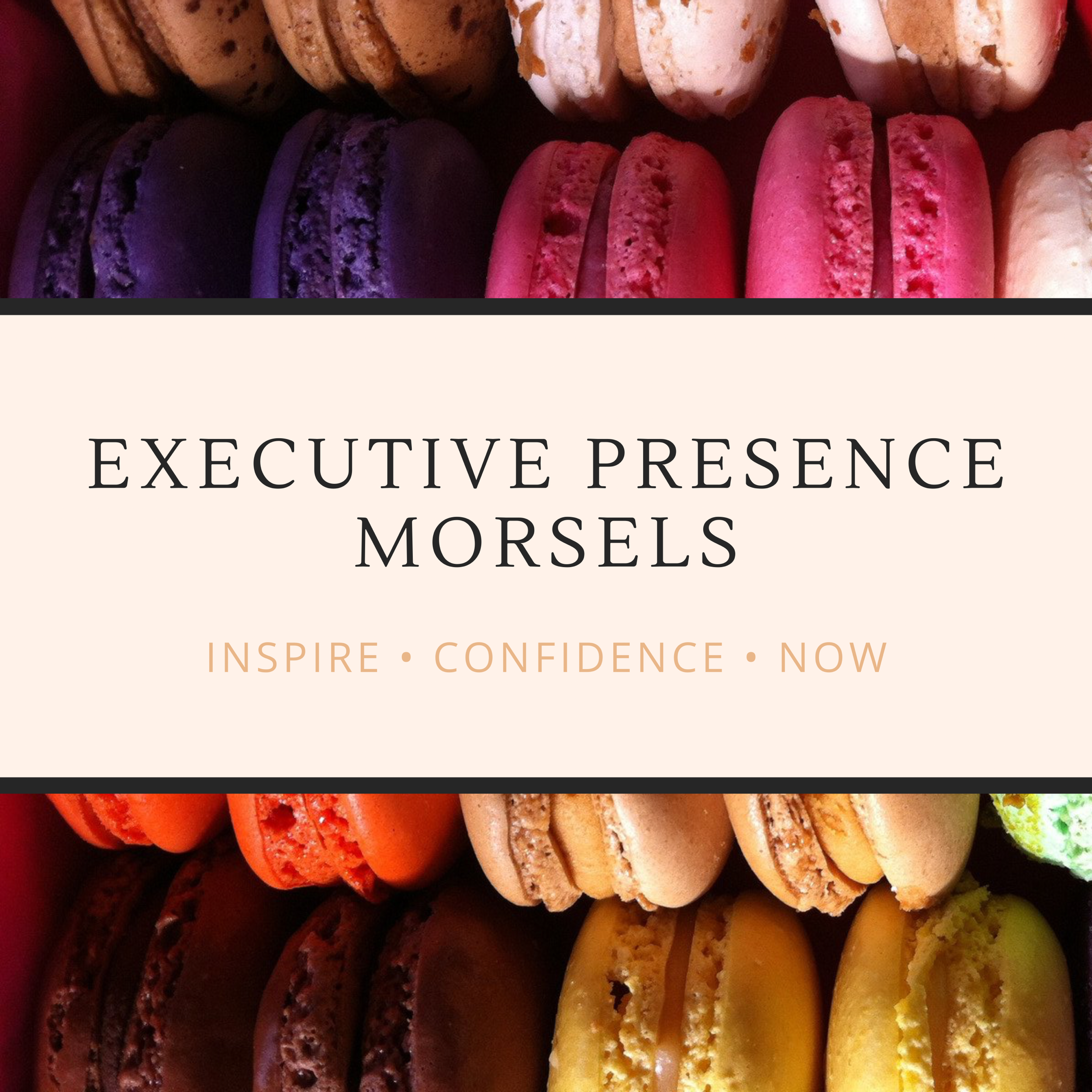Friday, July 23, 2021
Today: What does being resolute have to do with executive presence? Find out how executive presence works and what it means for you.
Your turn: We'd love to hear from you. Use the "Message" button on the Anchor app to share a story, question, or feedback related to this episode. Or email us at joe@connectioncounselor.com
Learn more: Details about the book, online course, YouTube tutorials and more can be found at www.connectioncounselor.com/executive-presence-place
Music: Earning Happiness by John Bartmann is licensed under a CC0 1.0 Universal License
“Remember, it’s not what you say, do, or wear. It’s how you make people feel that generates executive presence. Nothing. Else. Matters.”
Fancy word alert. Today, we're going to talk about equanimity, which is just a really fancy way of saying "cool under pressure." And for a fun, illustrative example of equanimity, we're going to go again to one of my favorite movies, the Princess Bride.
There's this scene where Westley is still recovering from being dead. Miracle Max has brought him back to life, but he's still very weak. And as he's laying there, down on a bed and he's just saved the love of his life, he's too weak to get up, when Prince Humperdinck who's his nemesis discovers him, busts into the room and says "to the death!"
Now for most people, this would be a very, very bad situation and you'd be forgiven if you would freak out, right? You thought you finally was reunited and rescued your true love and now you're about to be killed because you're too weak to even stand up. But no. What does Westley do? He practices equanimity and he doesn't lose his focus or his calm. And instead he very, very cleverly stalls the prince by saying "to the pain."
And then the prince says I'm not really familiar with that phrase, to which Wesley responds with one of my favorite lines from the whole book and movie. "I'll explain and I'll use small words so that you'll be sure to understand you warthog-faced buffoon." And then he proceeds to insult him and tell him all of these horrible things that he's going to do to him and just totally delays and freaks out the prince.
And then finally he stalled long enough and he stands up. And at that point, he tricks the prince into dropping his sword and surrendering. Buttercup ties the prince up before the prince realizes that Westley really was weak, which he suspected, but Wesley did such a good job of being calm and pretending and stalling that he got the advantage.
So what does this mean for executive presence? People look for leaders who stay calm under pressure; who have equanimity. Think about why this just makes so much sense. You want a leader and you look to a leader when difficult things are happening; things that most people would freak out about and not be able to handle well.
So the ordinary person, isn't going to be able to respond with calm under that figurative, or if you're in the military, perhaps literal fire. They will figure out what the right thing is to do, get people to participate or engage and do the thing that's most likely to help gain success or move things forward as best as they can in the given situation.
So that's why. Equanimity that state of being, it's one of my Six Degrees of Executive Presence. It's that state of being that people feel that's the presence part of executive presence, that really helps people perceive and feel that you're a leader. And that essentially is what executive presence is.
So thank you so much for listening to Executive Presence Morsels I'm Joe Kwon, the Connection Counselor. Remember, it's not what you say, do, or wear. It's, how you make people feel that generates executive presence. Nothing else matters.



